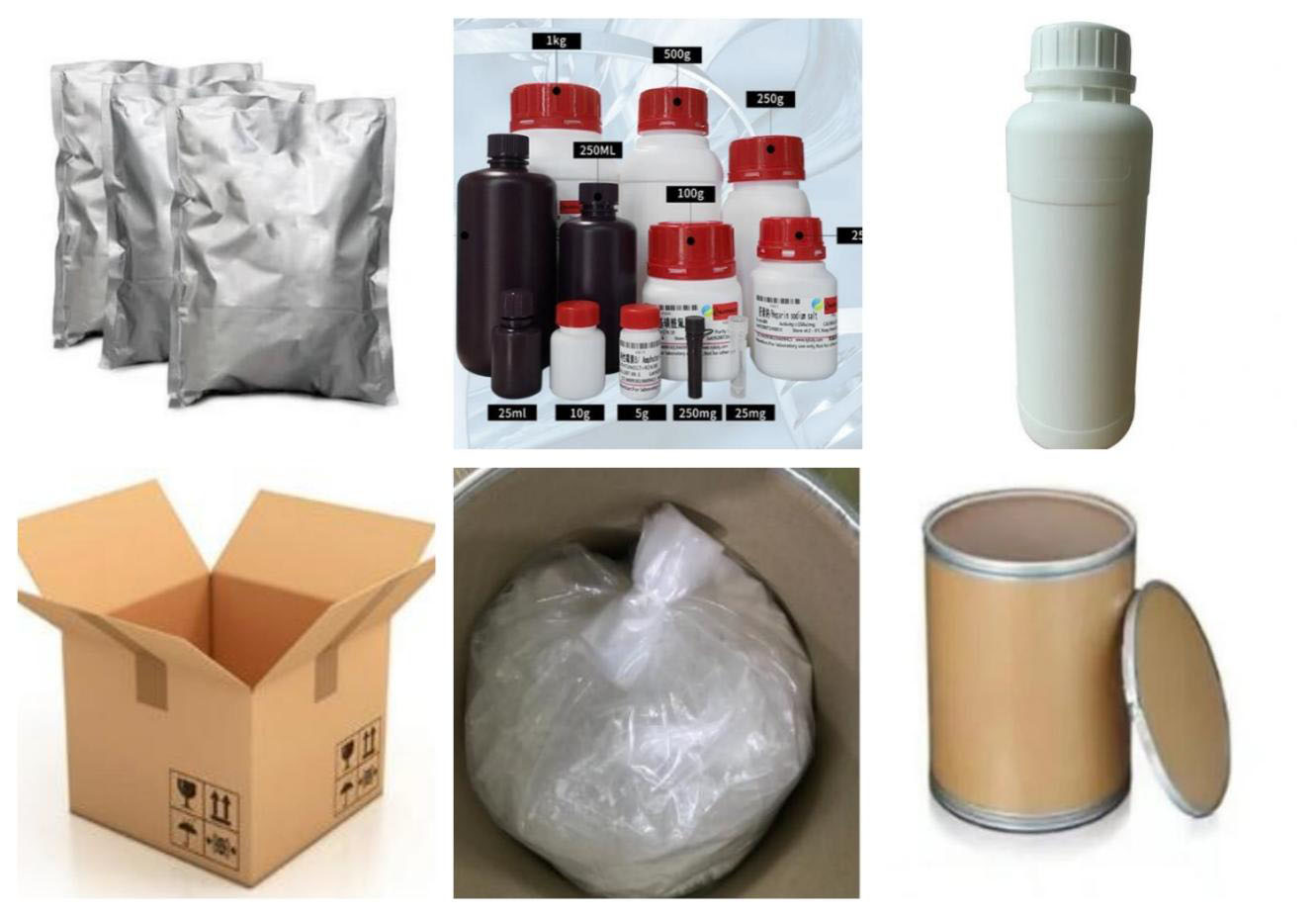Application and Effect
Beta-D-galactose pentaacetate, often referred to as galactose pentaacetate, is a derivative of galactose in which five acetyl groups are attached to the hydroxyl groups of galactose. This chemical modification enhances the compound's stability and alters its physical and chemical properties. The primary effect and application of beta-D-galactose pentaacetate lie in its utilization as a protecting group for galactose in organic synthesis. Protecting groups are temporary modifications used to shield specific functional groups within a molecule from undesired reactions during chemical transformations. In the case of galactose, the acetyl groups in pentaacetate form serve as protective shields for the hydroxyl groups By employing beta-D-galactose pentaacetate as a protecting group, chemists can selectively manipulate other regions of the molecule without altering or interfering with the hydroxyl groups. This versatility allows for controlled and precise synthesis in fields such as carbohydrate chemistry, drug development, and natural product synthesis. Once the desired reactions are completed, the acetyl groups can be cleaved to restore the original hydroxyl groups of galactose, yielding the desired product. Several methods, such as hydrolysis with basic conditions or enzymatic hydrolysis, can be employed to remove the acetyl groups.Product Packing:

Additional Information:
| Composition | C20H26BrClN2O7 |
| Assay | 99% |
| Appearance | White powder |
| CAS No. | 114162-64-0 |
| Packing | Small and bulk |
| Shelf Life | 2 years |
| Storage | Store in cool and dry area |
| Certification | ISO. |
